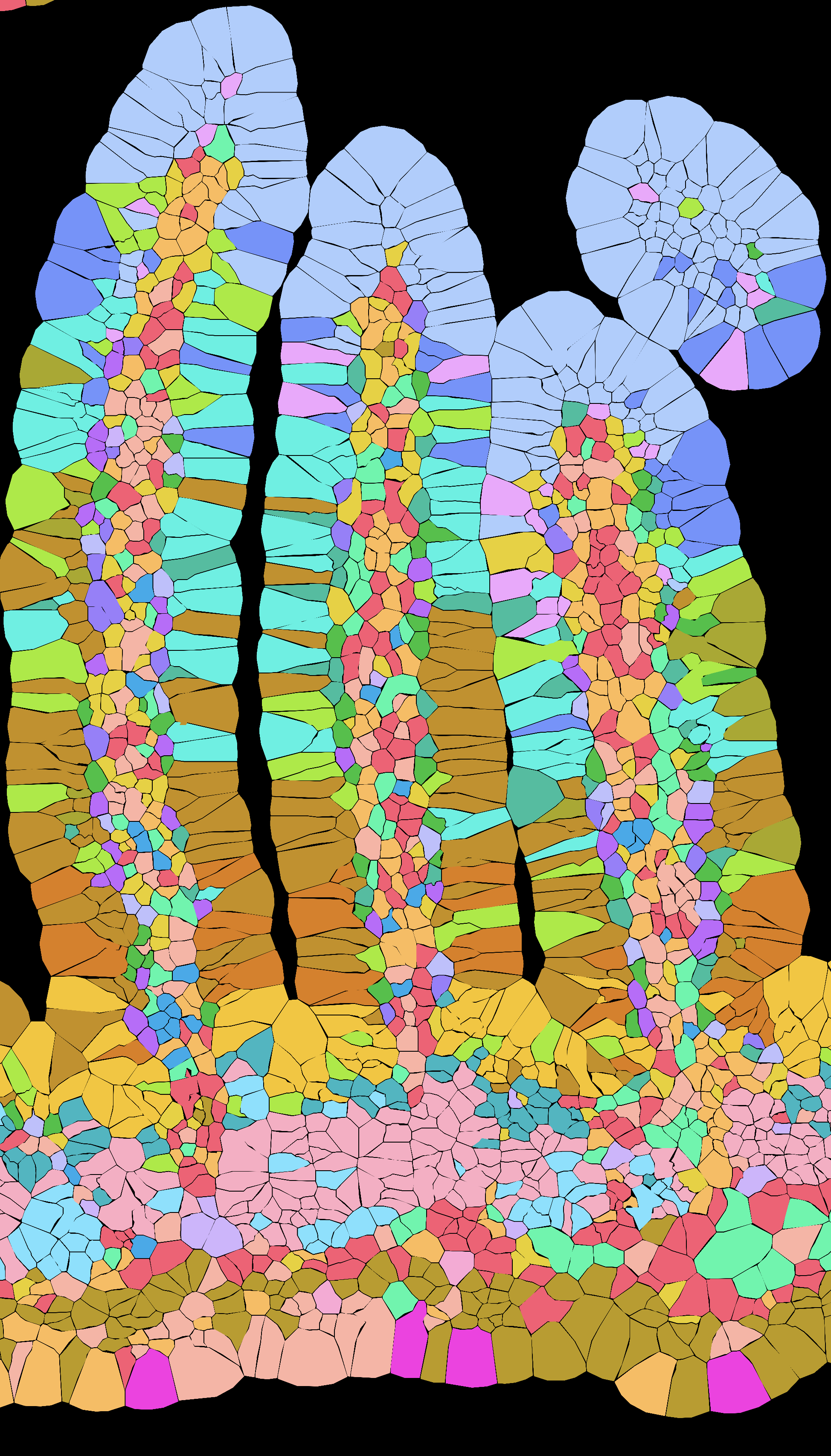Welcome to the Reina Laboratory!
Advancing the next generation of therapies for diseases with significant immunological components—including cancer, autoimmune, infectious, and cardiovascular diseases—requires precise and effective deployment of immune defenses.
The immune system provides robust, multilayered protection against pathogens and malignancies by developing tailored solutions to distinct cellular architectures and environmental exposures across organs. Investigating these adaptation strategies can reveal fundamental cell biology principles of high clinical relevance, essential for developing the next generation of vaccines and cancer immunotherapies. However, a more comprehensive understanding of the immune system’s integration within the tissue circuitry is critical. Elucidating this complex interplay of tissue immune networks represents a major next frontier in immunology and the main focus of my laboratory at La Jolla Institute for Immunology.
Current Projects
Dietary effect on intestinal immunometabolism
Small intestine immune residents capture food-derived nutrients, but how, where, and why is unclear. These strategies can inform new approaches to reinvigorate T cell function in nutrient-depleted environments and protection strategies against the buildup of toxic metabolites.
-
Models of acute systemic infection in mice such as LCMV (virus) and Listeria (bacteria).
In vivo lipid uptake assays
Functional screens
Flow cytometry
Spatial multiomics
Coding and image data analysis
Endowing anti-tumor CD8 T cells with tissue-resident features
TRM characteristics label highly functional anti-tumor T cells, yet the intrinsic and environmental factors that endow these properties are unclear. Using mouse models of cancer and human samples, we are investigating which signals can endow superior TRM-like properties in T cells so we can leverage these against solid tumors.
-
Models of cancer in mice
Genetic engineering of T cells
Functional high-throughput screens in vivo
Flow cytometry
Spatial multiomics
Coding and image data analysis
Tapping into a novel power source at the T cell’s core
Fully funded - coming soon!
-
T cell engineering
Mass spectrometry
Metabolomics
Role of sex hormones in shaping prostate gland T cell immunity
Prostate cancer affects 1 in 7 men and current immunotherapies do not work. How T cells adapt to the prostate environment can shed light on the role of sex hormones, such as testosterone, in shaping prostate gland T cell immunity, and unlock crucial secrets to inform the next generation of prostate cancer immunotherapies.
-
Modelsof prostate cancer
T cell engineering
Functional screens
Spatial multiomics
Mouse surgeries and immunotherapy
Applying computational biology to the study of tissue immunity
We are now able to capture thousands of gene transcripts, proteins, and tissue morphologies for hundreds of thousands of cells simultaneously. Finding meaningful biological patterns in this organized chaos requires innovative computational biology solutions.
-
Python and R scripting
Machine learning and systems biology tools
Spatial multiomics






